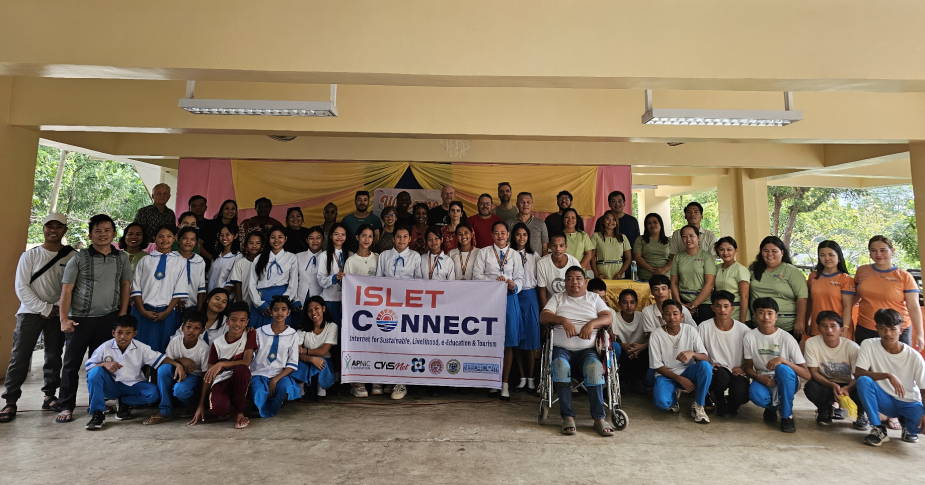
The Senate of the Philippines approved a priority bill on 5 February to increase private sector and community investment in broadband infrastructure and boost connectivity. Named the Konektadong Pinoy Act, Senate Bill 2699 envisions enabling the ease of doing business by simplifying the licensing process for internet network and service providers; making it faster and more efficient for providers to build networks by promoting infrastructure sharing and streamlining the permits approval process; and providing wider access to radio spectrum for wireless internet by making this resource available to more providers, especially in rural areas. These are important measures to bridge the internet connectivity gap in the country and support community-centred initiatives that can reach previously underserved areas.
The advocacy network Better Internet PH and several civil society organisations have been advocating for its approval, pointing out that the Act is "the key to unlocking the potential of a more digitally inclusive, economically vibrant, and prosperous country,” as affirmed in a joint statement about the urgency of the bill last year. Its signatories included both Philippine business groups as well as national, regional and international civil society organisations, including the Association for Progressive Communications (APC) and its member organisations, the Institute for Social Entrepreneurship in Asia (ISEA) and Foundation for Media Alternatives (FMA).
"We extend our heartfelt gratitude to the Philippine Senate and congratulate our fellow advocates for the successful passage of Konektadong Pinoy during its third reading on 5 February. This bill marks a significant milestone in expanding inclusive internet connectivity across the Philippines, enhancing the nation’s communications infrastructure, fostering a more competitive ICT industry, and strengthening disaster response and resilience," celebrated Gomer Padong from ISEA, who is the Asia regional coordinator of the Local Networks (LocNet) initiative led by APC and Rhizomatica.
Four days after the passage of the bill, the Local Networks initiative partners visited community connectivity projects in Gilutongan and Caohagan islands in Cebu, Philippines. These initiatives are part of CVISNET’s Islet Connect project, the only initiative that provides community connectivity on the islands. APC Executive Director Chat Garcia Ramilo, who joined the visit, said that the value of the Konektadong Pinoy Bill comes to life in low-income communities like Gilutongan and Caohagan. "Teachers and students rely on the connectivity in the learning programme of the schools. Community members have access to affordable retail internet connection through PesoWifi, where anyone can be connected for an hour for one peso. The Bill will enable community connectivity initiatives like Islet Connect to apply for community licences in the future and expand their services in other underserved communities in the country,” she highlighted.
During the vote on the Konektadong Pinoy Act, various senators recognised the importance of the changes and investments that will result from the Act for the population left behind by the current connectivity model, highlighting that reliable and affordable internet access is a necessity, not a luxury and acknowledging the digital divides impact disproportionately those living in remote provinces and marginalised communities, who continue to struggle with poor connectivity, high data costs, and limited access to digital resources.
"The ISEA and the Local Networks initiative remain committed to supporting the final steps necessary to enact this vital legislation in the coming months," said Padong.
Over the years, APC and Rhizomatica have witnessed the power of community-centred connectivity in catalysing positive change and bridging digital divides through their work in the Local Networks initiative involving more than 40 communities and institutions across 22 Global South countries. Community-centred connectivity initiatives, such as community networks, are complementary to the internet access offered by commercial service providers and state-sponsored public access networks. They help to diversify internet access markets and can offer affordable and locally relevant content and service alternatives for communities.